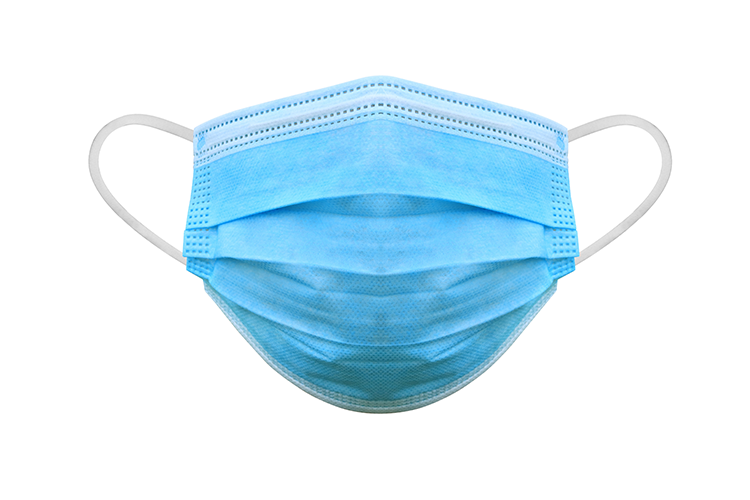Lawsuit claims process server frightened family and failed to wear mask or social distance

Image from Shutterstock.com.
Lawyers are asking a court to toss a lawsuit claiming that their process server startled a family and failed to take measures to protect against an infection with COVID-19.
Philip Burgess, the founder of the MicroBilt Corp., a credit reporting company, is suing for alleged abuse of process, invasion of privacy and intentional infliction of emotional distress.
Law360 has coverage.
Burgess contends that a process server rang the doorbell May 16, then banged on the windows of his home without waiting for anyone to answer. When Burgess’ wife answered the door, the process server allegedly threw the papers, according to Burgess’ June 11 lawsuit, filed in New Jersey federal court.
The process server was not wearing a mask or gloves, did not maintain a minimum of 6 feet of social distancing, did not encase the papers that he threw in plastic, “and generally did not practice any recommended practices for process servers during the current COVID-19 pandemic,” Burgess’ suit says.
The process server returned May 20, approached the front door and again began banging on the windows—this time without ringing the doorbell or knocking, the suit says. When a housekeeper answered the door, the process server handed her documents. Once again, the process server didn’t follow safety precautions, according to the suit.
Burgess claims that process servers were hired in frivolous litigation filed against him and his company. The firms sued by Burgess are Consumer Litigation Associates and Berger Montague. Three lawyers are also defendants.
In their Aug. 24 motion to dismiss Burgess’ suit, the defendants said the claims are barred by New Jersey’s litigation privilege because they arise from litigation.
In addition, the lawyers argue, the privacy and emotional distress claims fail because the alleged conduct “is neither highly offensive nor outrageous.” The suit does not allege that the process server’s actions caused COVID-19 or exposed anyone to the virus, the motion says.
The motion also says the federal court has no subject matter jurisdiction because any damages do not exceed $75,000.
Write a letter to the editor, share a story tip or update, or report an error.


